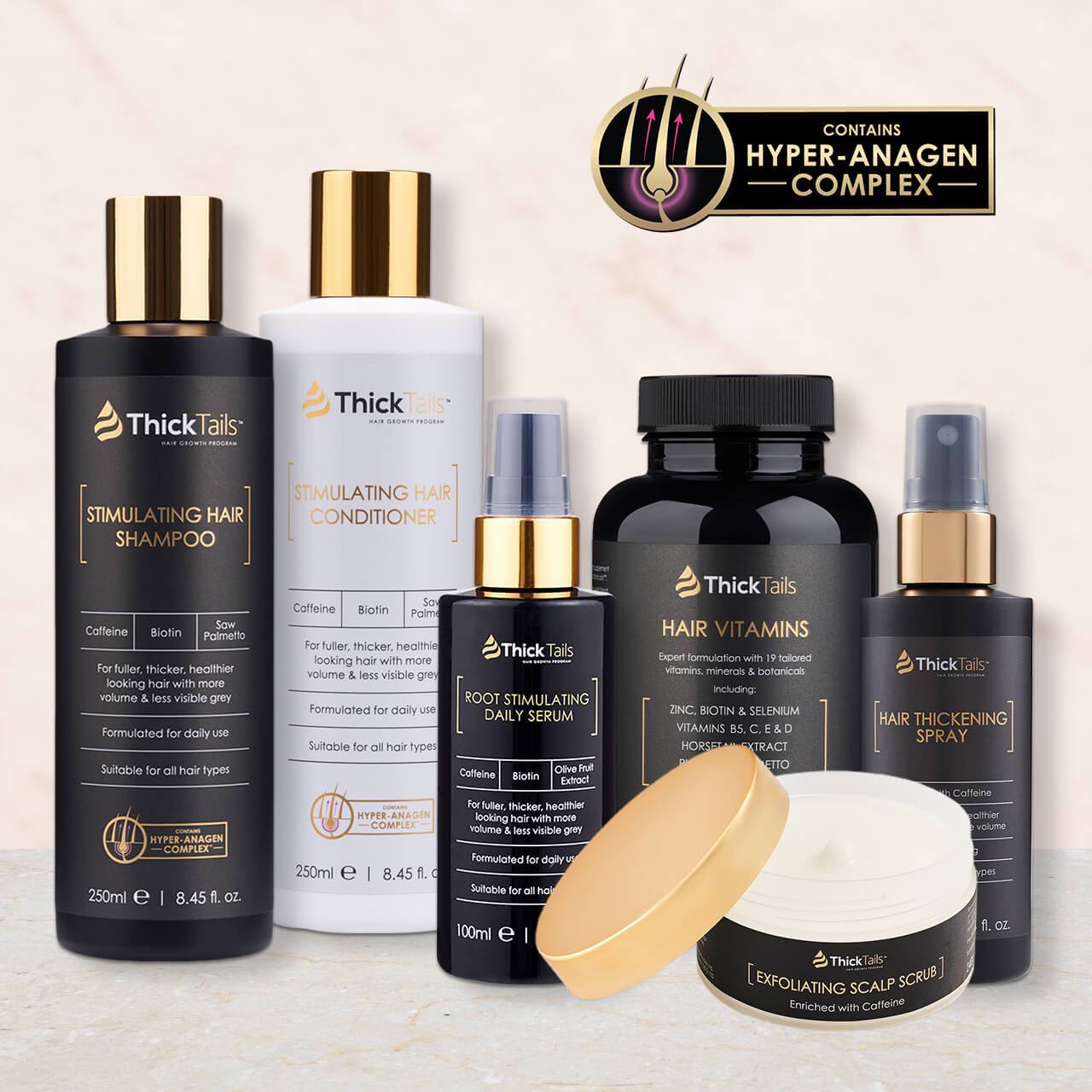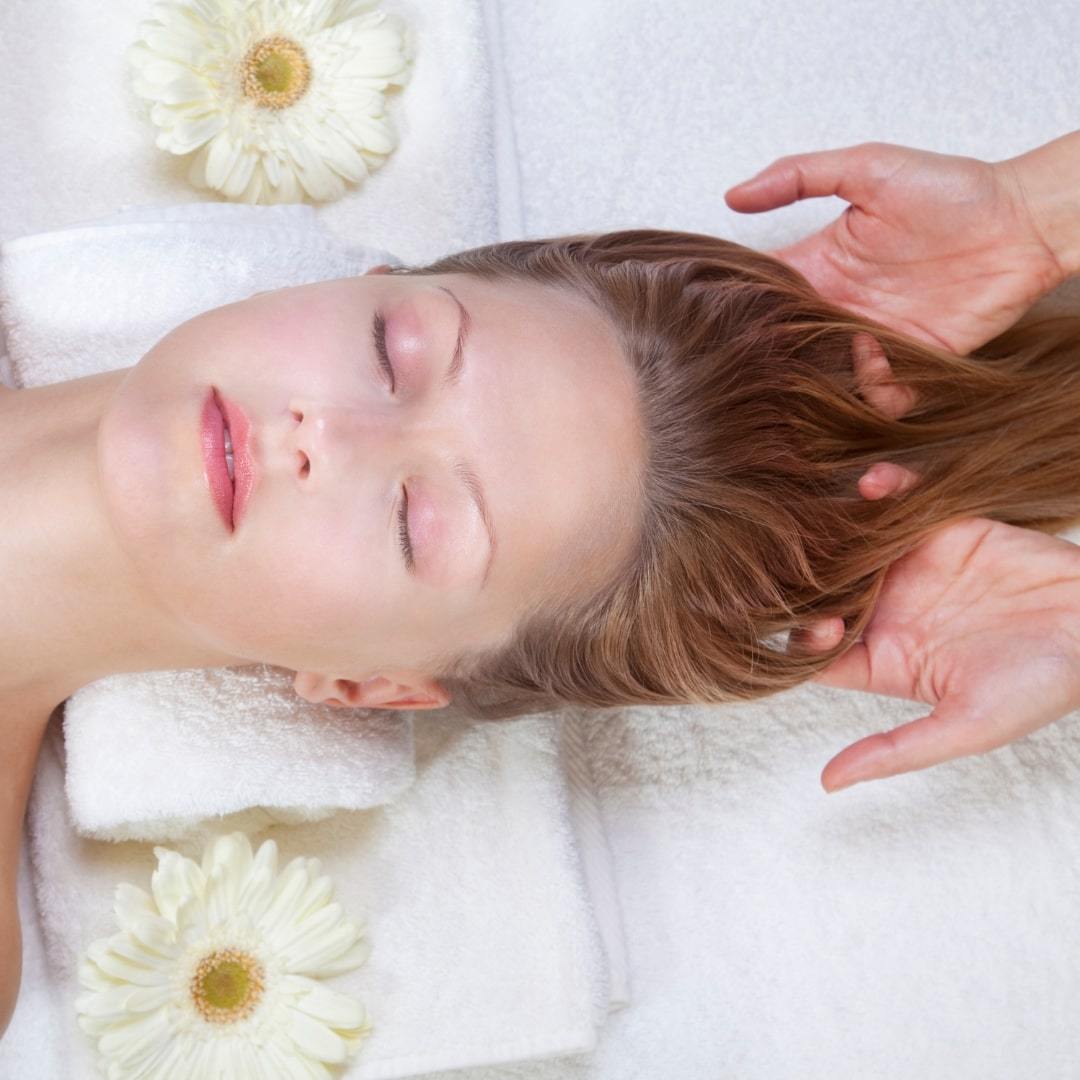Hair loss is a common concern among men, impacting self-image and confidence. In today's market, there's an array of treatments available, from the traditionally acclaimed natural remedies to advanced medical interventions. As men with hair loss issues strive to regrow and retain their locks, the choice between these options can be daunting. This blog post unravels the intricacies of treating male hair loss by navigating through the realm of natural remedies and medical marvels. By the end, you will be equipped to make an informed decision that suits your needs, preferences, and follicles.
I. Understanding Natural Remedies for Male Hair Loss

Natural remedies are often the first line of defense for men battling hair loss, offering a gentler approach with fewer side effects. Herbal concoctions and nutritional adjustments aim to nourish the scalp, while the use of specialized shampoos and conditioners can cleanse and prepare the hair follicles for better growth. Furthermore, the application of natural hair serums, enriched with essential oils and plant extracts, claims to fortify hair strands and stimulate the scalp, potentially enhancing hair density and slowing down the hair loss process.
a. Overview of Natural Remedies: Herbal Supplements, Oils, and Home Remedies
When it comes to natural remedies, the treasure trove is abundant. Herbal supplements like saw palmetto and pumpkin seed oil have been associated with hair regrowth. Topical treatments such as rosemary oil and aloe vera are praised for their nurturing effect on scalp health. Meanwhile, home remedies like onion juice and egg masks have a dedicated following for their claimed benefits.
b. Benefits and Risks of Natural Remedies for Hair Loss
The allure of natural remedies lies in their minimal processing and perceived safety. They are typically deemed holistic and are often rich in essential nutrients. However, their unregulated nature could mean inconsistent quality and efficacy. Natural remedies also warrant caution as some, despite being 'natural,' may not be compatible with every individual due to allergies and pre-existing conditions.
c. Success Rates and Considerations for Using Natural Remedies
When evaluating the success rates of natural remedies for men experiencing hair loss, it is crucial to have realistic expectations. While shampoo and conditioner tailored to prevent hair thinning can maintain scalp health, they might not reverse severe hair loss alone. Hair serums packed with revitalizing nutrients can supplement these efforts, potentially improving hair texture and strength. Nevertheless, individual results may vary, and consistent, long-term use is often necessary to observe significant changes. Men should approach these treatments with patience and a keen awareness of how their own biology interacts with these natural products.
II. Exploring Medical Interventions for Male Hair Loss
Moving forward, men have also sought refuge in advanced medical interventions for hair loss that complement the use of shampoos and conditioners tailored for thinning hair. In addition to the standard hair care regimen, incorporating specialized hair serums that target hair loss has become a widespread practice. These products often contain active ingredients that are scientifically formulated to revive dormant follicles and stimulate hair growth, offering a blend of practicality and scientific ingenuity in hair care.
a. Types of Medical Interventions: Medications, Hair Transplants, and Laser Therapy
In the realm of medical interventions, several options have emerged as pillars for combating hair loss. Medications such as minoxidil and finasteride have clinical backing for their hair growth properties. Hair transplant techniques, notably follicular unit extraction (FUE) and strip harvesting, are revolutionary in their ability to offer a permanent solution for hair restoration. Laser therapy, available as in-office treatments and home-use devices, demonstrates potential in halting hair loss and stimulating regrowth.
b. Effectiveness and Side Effects of Medical Interventions
Men facing hair loss often seek multifaceted approaches to treatment, not only through singular products but through an entire regimen of care. Alongside remedies and medical procedures, the judicious selection of shampoo and conditioner, specifically formulated for thinning hair, can play a vital role in a man's battle against baldness. Hair serums, imbued with active ingredients targeting follicular health, are also a crucial component of this routine, providing an additional layer of defense and nurturing that can assist in mitigating hair loss concerns. These hair care products are designed to work in synergy, with the goal of aiding men to achieve a fuller, revitalized hair appearance.
c. Factors to Consider When Choosing Medical Interventions for Hair Loss
When men confront hair loss, the selection of medical interventions should be tailored to individual needs and carefully considered in light of medical history, the severity of the condition, and long-term maintenance. Options range from topical treatments to surgical procedures, each with varying degrees of invasiveness and commitment. As men navigate this journey, it's critical to consult healthcare professionals who can provide guidance based on evidence-based treatments, ensuring a choice that aligns with health, lifestyle, and cosmetic objectives.
III. Comparing Natural Remedies and Medical Interventions for Male Hair Loss

As men navigate the journey to alleviate hair loss, a balanced approach incorporating both natural remedies and medical interventions may be beneficial. Carefully selected shampoo and conditioner, formulated for thinning hair, along with fortifying hair serums, can provide a supportive daily regimen that complements both treatment spectrums. These hair care products not only aim to maintain scalp health but may also enhance the effectiveness of other hair loss treatments.
a. Pros and Cons of Natural Remedies vs. Medical Interventions
For men grappling with hair loss, selecting the right shampoo and conditioner is a cornerstone in maintaining scalp vitality, while hair serums enriched with active ingredients aim to invigorate weakened follicles. These products are often touted as the unsung heroes in a man's hair care routine, offering the potential to reinforce hair strength and improve overall scalp health. Careful integration of these elements, aligned with either natural remedies or medical interventions, can pave the way for improved hair retention and possibly, regrowth, in the face of hair loss challenges.
b. Success Rates and Long-Term Effects of Each Treatment Option
When addressing the issue of hair loss in men, a key component of daily self-care is the consistent use of high-quality shampoo and conditioner, specifically designed to fortify and invigorate weakening hair. In conjunction with this fundamental step, integrating a hair serum formulated with growth-promoting ingredients can significantly contribute to the health of the follicles and scalp. These hair care essentials not only aid in preserving the existing hair but, when used in harmony with other treatments, can also optimize the conditions for hair retention and potential regrowth for those coping with hair loss.
c. Personalized Approach: Combining Natural Remedies and Medical Interventions for Optimal Results
In the quest to address hair loss, men commonly turn to an array of solutions, with shampoo and conditioner specifically designed for thinning hair being fundamental. Complementing this cornerstone of hair care with a targeted hair serum can amplify the benefits, creating a dual front in the fight against hair loss. This daily regimen supports the scalp’s health and nurtures follicles, laying the groundwork for hair serums to work effectively and fostering an environment conducive to hair preservation and regrowth. Together, these products form a comprehensive approach to managing male hair loss with practical and proactive measures.
In conclusion, the path to reclaiming or retaining your mane is a deeply personal one. Whether you lean towards the organic allure of natural remedies or the precision of medical interventions, the key lies in informed decision-making and consistency in application. Remember, the goal is not just to grow hair but to foster a healthy relationship with your strands. As you venture forth in your hair restoration journey, may your choices be as well-rooted as the follicles you aim to nurture.














